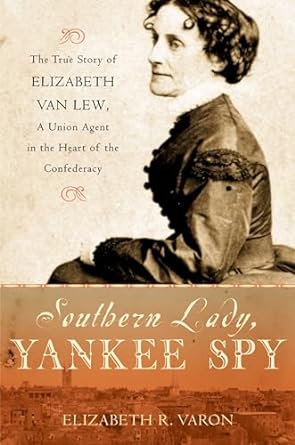Elizabeth Van Lew
Elizabeth Van Lew played a crucial yet often overlooked role in shaping the course of history through her clandestine efforts and unwavering commitment to the Union cause.
Van Lew defied societal norms and risked her own safety to support the Union Army as a staunch abolitionist and spy.
Her Richmond, Virginia home became a hub for covert activities, serving as a sanctuary for escaped slaves and a center for intelligence gathering.
Van Lew's espionage network extended deep into Confederate territory, providing valuable intelligence to Union forces and aiding in strategic military operations.
One lesser-known fact about Elizabeth Van Lew is her ingenious use of coded messages and invisible ink to communicate vital information, outwitting Confederate authorities at every turn.
Van Lew meticulously devised intricate codes and ciphers to encrypt her messages, ensuring that only trusted recipients could decipher their true meaning. These codes often incorporated symbols, numbers, and keywords known only to those within her clandestine network, adding an extra layer of security to her communications.
In addition to coded messages, Van Lew utilized invisible ink as a covert means of transmitting intelligence. By writing with substances such as lemon juice or milk, which are invisible when applied but become visible when exposed to heat or chemicals, she could conceal sensitive information within seemingly innocuous correspondence. This method enabled her to pass along critical details about Confederate troop movements, supply routes, and other strategic intelligence without arousing suspicion.
Van Lew's mastery of coded messages and invisible ink played a vital role in her espionage efforts, allowing her to relay crucial information to Union commanders while minimizing the risk of interception by Confederate authorities. Her ingenuity and resourcefulness in the field of covert communication exemplify the lengths to which she was willing to go in service of the Union cause.



